Average Leg Press Weight For Female By Age & Experience
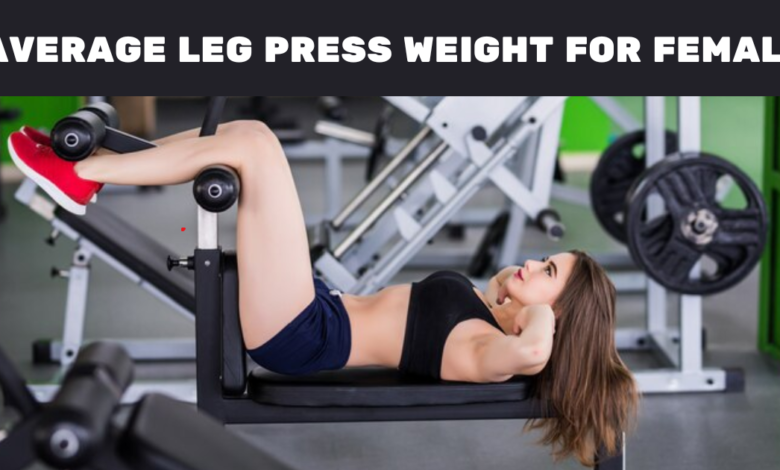
If you want strong, firm legs, lots of people like using the leg press machine at the gym. It doesn’t matter if you’ve been going to the gym for a long time or if you’re just starting out, knowing how much weight most female can push on the leg press machine can help you set goals and see how you’re getting better. This guide will tell you all about leg press weights, like how much most people can lift, and give you tips on how to do better.
What is the Leg Press?
The leg press is a strength training exercise that focuses on the muscles in the legs, specifically the quadriceps, hamstrings, and glutes. It consists of pushing a weighted platform away from the body with the legs while seated on a specially built machine.
This exercise is popular in gyms and fitness centers because it allows people to comfortably lift high weights while increasing lower body strength and muscular growth.
What Are The Benefits of the Leg Press?
The leg press has various advantages for people who want to increase their lower body strength and overall fitness:
- Muscle Building: The leg press works important lower-body muscles like the quadriceps, hamstrings, and glutes, promoting muscle growth and development.
- Strength Development: By gradually increasing the weight raised during leg press exercises, people can improve their leg strength, which can help them perform better in a variety of sports.
- Joint Support: Unlike workouts like squats or lunges, the leg press machine supports the back and knees, making it a safer choice for people who have joint problems or are recuperating from accidents.
- Reduced Lower Back Strain: Compared to exercises like squats, the leg press puts less strain on the lower back, making it a good choice for people who have lower back stiffness or discomfort.
- Improved Bone Health: Weight-bearing workouts like the leg press can help maintain and enhance bone density, lowering the risk of osteoporosis and other bone diseases.
- Functional Strength: Strengthening the muscles used in the leg press can improve everyday motions like walking, climbing stairs, and standing up from a seated posture, resulting in increased functional strength and mobility.
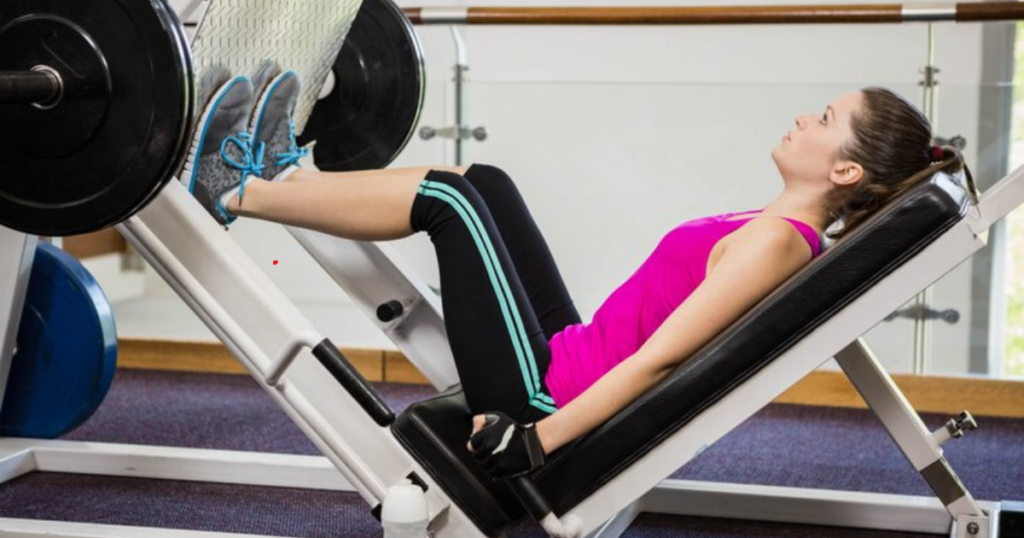
Which Muscles Are Targeted by the Leg Press?
The leg press primarily focuses on many muscles in the lower body, including:
- Quadriceps: Located in the front of the thigh, the quadriceps are highly activated during the leg press exercise, especially while pushing the weight away from the body.
- Hamstrings: The hamstrings, located in the back of the thigh, operate as stabilizers during the leg press movement, helping to control the weight’s fall and providing support to the knee joint.
- Glutes: The gluteal muscles, which include the gluteus maximus, medius, and minimus, contract during the leg press exercise to help stretch the hip joint and propel the weight forward.
- Adductors: These muscles on the inner thigh are also stimulated to a lesser amount during the leg press movement, which helps to stabilize the legs and hips.
- Calves: Although not the major muscles targeted, the calf muscles may contribute to the leg press exercise, especially during the pushing phase when the ankles are extended.
Related: Seated VS Standing Calf Raise: Which One is Best for You
Types of Leg Press Machines
There are various varieties of leg press machines available in gyms and fitness facilities, each with a somewhat different approach to the exercise. Some of the most frequent types are:
Vertical Leg Press Machine: The user rests on their back with their legs extended vertically and presses the weight upwards. This variety often requires less room than other leg press machines.
45-Degree Leg Press Machine: This machine has a reclined seat and a platform that is tilted at around 45 degrees. Users sit and push the weight upwards with their legs, creating a pleasant and solid position for the workout.
Seated Leg Press Machine: Like the 45-degree leg press, this machine requires pressing the weight away from the body while sitting upright. It frequently offers modifications to the seat and backrest to meet varying user heights and preferences.
Sled Leg Press Machine: This type of leg press requires the user to sit or lie on a moving sled platform that travels along horizontal tracks. Users elevate the sled’s weight stack by pushing on the platform with their legs.
Lever Leg Press Machine: Unlike sleds or platforms, lever-based leg press machines use a lever mechanism. Users often sit or lie on a bench and push against the lever to lift the weight stack.
Plate-Loaded Leg Press Machine: Unlike machines with weight stacks, plate-loaded leg press machines need users to manually put weight plates into the machine. This sort of leg press allows you to vary the resistance based on your unique strength level.
Average Leg Press Weight for Female
The average weight a female can leg press varies significantly depending on her fitness level, age, and training experience. However, average female can leg press around 1.5 to 2.5 times their body weight. Keep in mind, however, that individual abilities might vary widely, so it is advisable to concentrate on personal development rather than comparing to others.
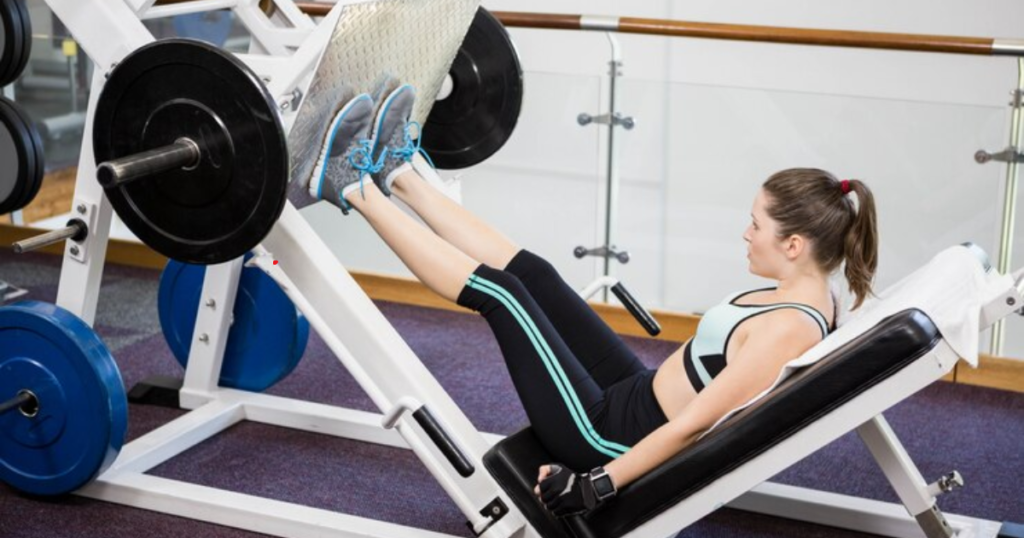
Average Leg Press Weight For Female By Age
Here’s a simplified table that shows the average leg press weight for females by age:
| Age (years) | Average Leg Press Weight (lbs) |
|---|---|
| 20-29 | 180-320 |
| 30-39 | 160-300 |
| 40-49 | 140-260 |
| 50-59 | 120-220 |
| 60-69 | 100-180 |
| 70+ | 80-140 |
Average Leg Press Weight For Female By Weight
The following is a simple table depicting the average leg press weight for females classified by weight:
| Weight Range (lbs) | Average Leg Press Weight (lbs) |
|---|---|
| 100 – 120 | 200 – 280 |
| 121 – 140 | 280 – 350 |
| 141 – 160 | 350 – 420 |
| 161 – 180 | 420 – 490 |
| 181 – 200 | 490 – 560 |
| 201 – 220 | 560 – 630 |
| 221 – 240 | 630 – 700 |
| 241 – 260 | 700 – 770 |
| 261 – 280 | 770 – 840 |
| 281 – 300 | 840 – 910 |
Average Leg Press Weight For Female By Experience
Here’s a basic table that shows the average leg press weight for females categorized by experience level.
| Experience Level | Average Leg Press Weight (lbs) |
|---|---|
| Beginner | 100 – 200 |
| Intermediate | 200 – 300 |
| Advanced | 300 – 400 |
| Expert | 400+ |
Conclusion
Knowing how much weight most female can leg press helps to make good goals for exercise and see how you’re improving. It doesn’t matter if you’re just starting or you’re really good at it already. The important things are doing the exercises right, adding a bit more weight slowly, and eating healthy food. Keep doing it regularly and pay attention to your body to stay safe and avoid getting hurt.
People Also Ask
1. What is the average leg press weight for a beginner female?
For someone just beginning out, the average leg press weight for a female is often 50 to 90 pounds. This varies greatly depending on how strong someone is in the start and how much they weigh. It is always a good idea to begin with a weight that feels comfortable and gradually increase it.
2. How much weight should a teenage girl leg press?
A teenage girl who is new to leg pressing may begin with roughly 40-70 pounds. Because teenagers are still growing and gaining strength, it’s best to start slowly and focus on proper form. They can gradually add weight as they gain strength and confidence.
3. How often should a female do leg presses?
Leg presses are beneficial to females when performed 2-3 times a week. This allows the muscles enough time to recover and strengthen. Remember to incorporate additional leg exercises into your sessions rather than focusing solely on leg pushes.
4. Is leg pressing your own body weight good?
Yes, leg pressing your own bodyweight is an excellent objective! For many women, this might be a tough but attainable goal. It demonstrates that you have developed significant leg strength. Simply make sure you continue gently to avoid injury.
5. Why is it important to use the right form when leg pressing?
Using proper form is critical since it prevents injuries and ensures you’re training the correct muscles. If you use too much weight or do the exercise incorrectly, you risk injuring your knees, back, or other portions of your body. Always start with lesser weights to practice your form, and if you’re unsure, seek a trainer for advice.

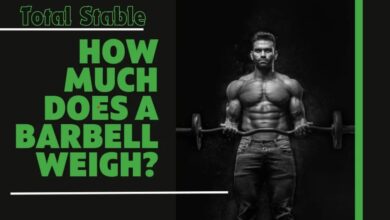
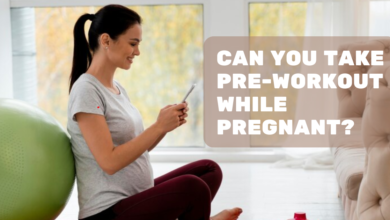
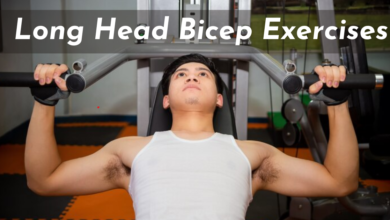

I appreciate, cause I found exactly what I was looking for. You have ended my four day long hunt! God Bless you man. Have a great day. Bye